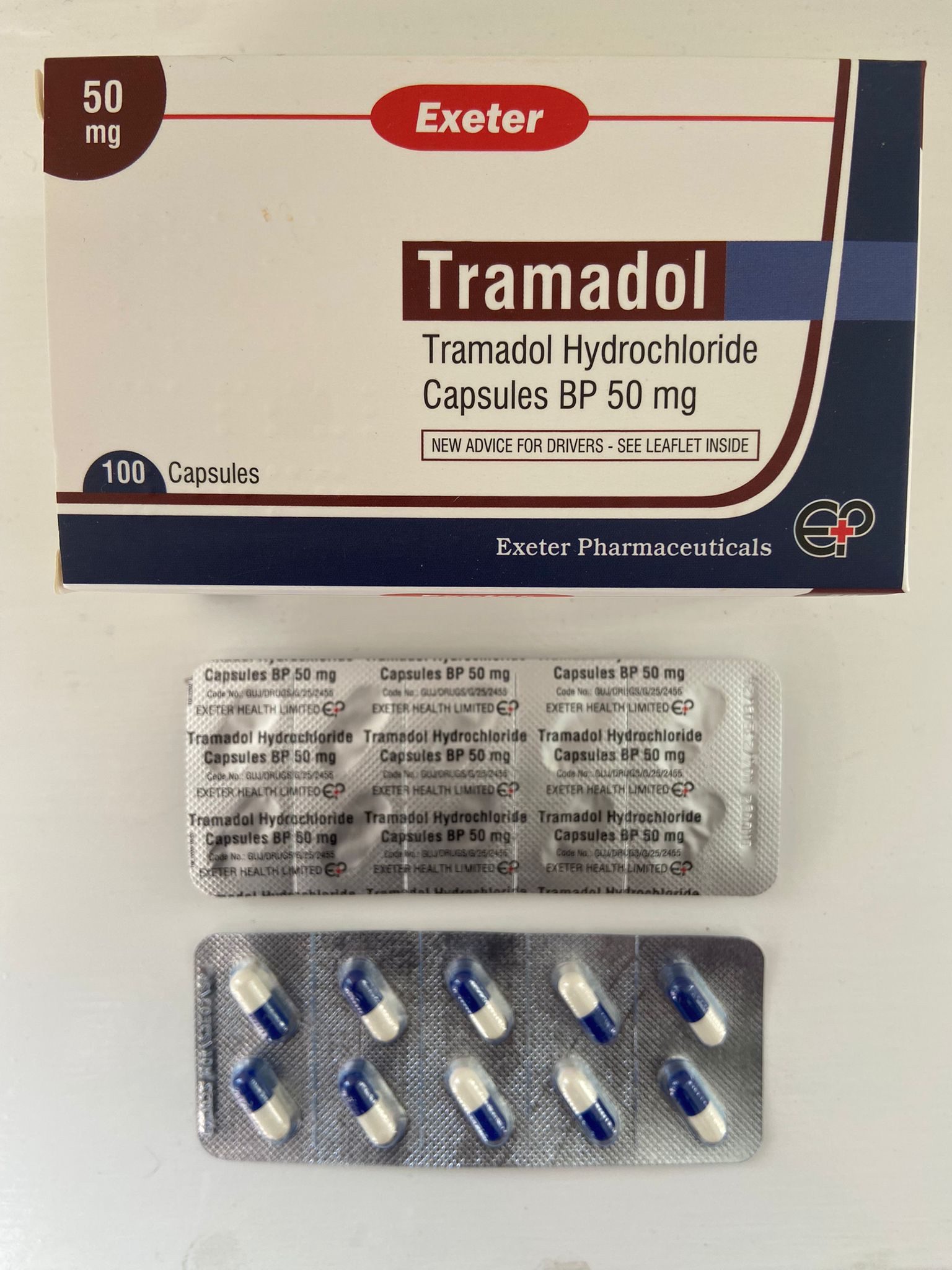The dosage is based on your medical condition and response to treatment. To reduce your risk of side effects, your doctor may direct you to start this medication at a low dose and gradually increase your dose. Follow your doctor’s instructions carefully. The maximum recommended dose is 400 milligrams per day. If you are older than 75 years, the maximum recommended dose is 300 milligrams per day. Do not increase your dose, take the medication more frequently, or take it for a longer time than prescribed. Properly stop the medication when so directed.
Pain medications work best if they are used as the first signs of pain occur. If you wait until the pain has worsened, the medication may not work as well.If you have ongoing pain (such as due to arthritis), your doctor may direct you to also take long-acting opioid medications. In that case, this medication might be used for sudden (breakthrough) pain only as needed. Other pain relievers (such as acetaminophen, ibuprofen) may also be prescribed. Ask your doctor or pharmacist about using tramadol safely with other drugs.
Suddenly stopping this medication may cause withdrawal, especially if you have used it for a long time or in high doses. To prevent withdrawal, your doctor may lower your dose slowly. Tell your doctor or pharmacist right away if you have any withdrawal symptoms such as restlessness, mental/mood changes (including anxiety, trouble sleeping, thoughts of suicide), watering eyes, runny nose, nausea, diarrhea, sweating, muscle aches, or sudden changes in behavior.
When this medication is used for a long time, it may not work as well. Talk with your doctor if this medication stops working well.
Though it helps many people, this medication may sometimes cause addiction. This risk may be higher if you have a substance use disorder (such as overuse of or addiction to drugs/alcohol). Take this medication exactly as prescribed to lower the risk of addiction. Ask your doctor or pharmacist for more details.












Latest reviews
There are no reviews yet.